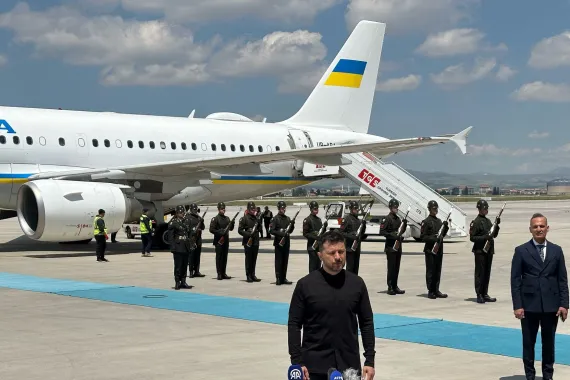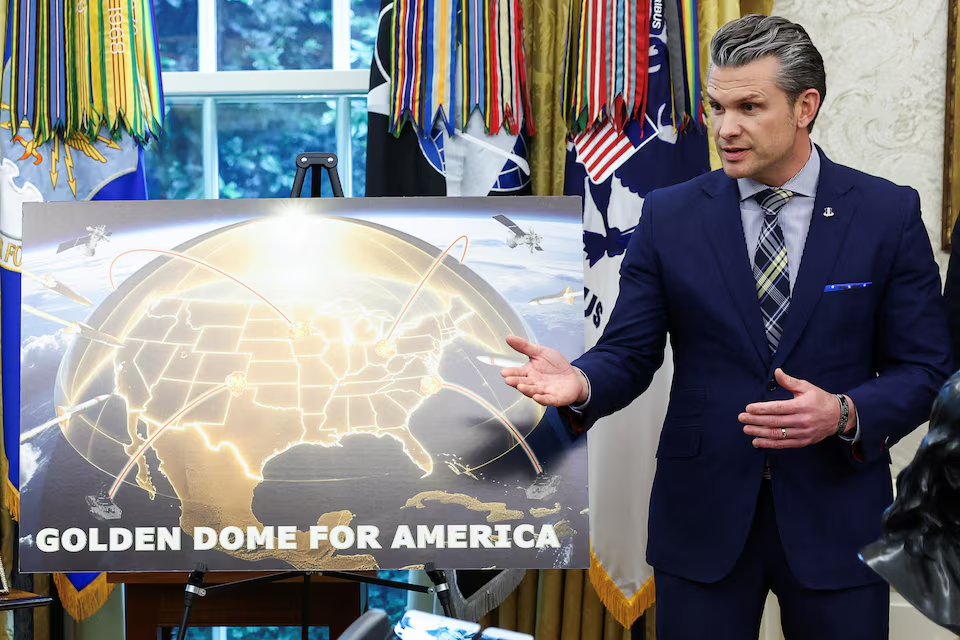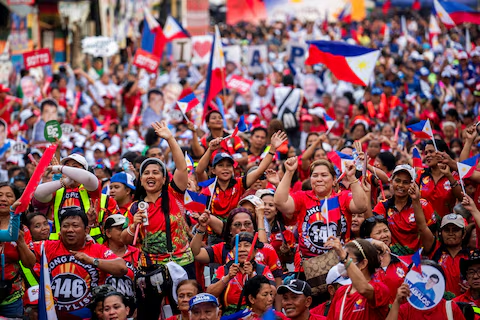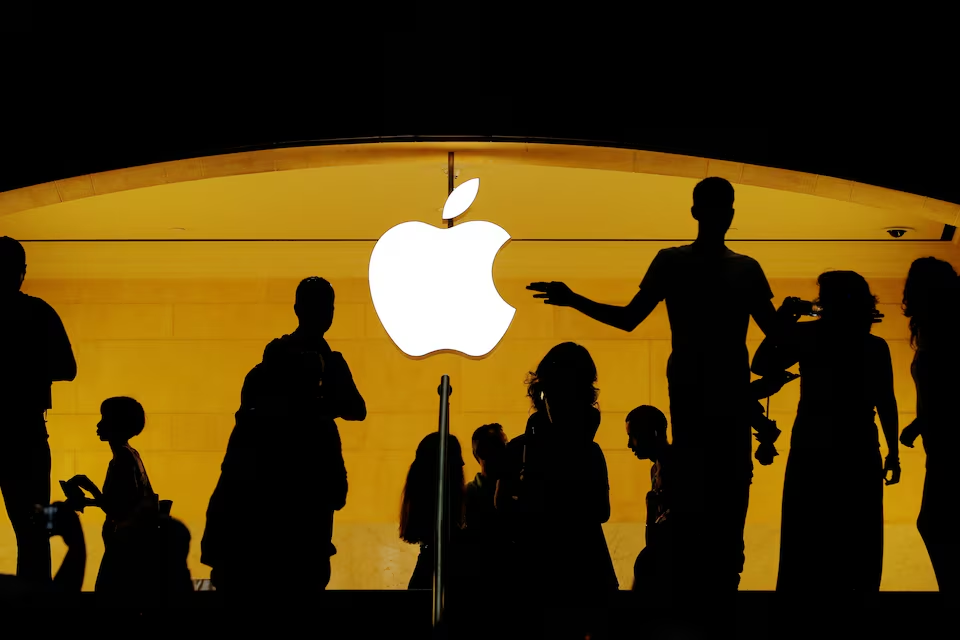Russian President Vladimir Putin will not attend the Ukraine peace talks that begin today in Istanbul, a decision that has raised concerns about the seriousness and prospects of the latest international attempt to resolve the ongoing war. Despite previous speculation and calls from global leaders urging him to engage directly, the Kremlin has opted to send a lower-level delegation to represent Moscow in the discussions.
The Russian delegation will be led by Putin’s aide Vladimir Medinsky, along with Deputy Defense Minister Alexander Fomin and Deputy Foreign Minister Mikhail Galuzin. The announcement confirmed days of speculation over Putin’s possible attendance, as the Kremlin remained tight-lipped over his plans, fueling uncertainty among international diplomats and observers.
Ukrainian President Volodymyr Zelenskyy had repeatedly indicated his openness to direct talks with Putin, provided that the Russian leader was willing to meet in person to discuss an immediate ceasefire and eventual withdrawal. However, Zelenskyy has made it clear that he will not hold negotiations with lower-level Russian officials, stating that doing so would be futile in the absence of someone with the power to authorize substantive decisions.
Speaking earlier this week, Zelenskyy reiterated Ukraine’s readiness for peace but criticized the Kremlin’s approach. “Dialogue can only be meaningful if conducted between those who have the authority to end this war,” he said. “Sending emissaries is not enough. Putin must be at the table.”
The absence of both Putin and Zelenskyy in the same room undermines hopes that the Istanbul talks could lead to a breakthrough. Observers have drawn parallels to earlier failed negotiations in 2022, where similar lower-level engagements yielded no lasting results.
Adding to the uncertainty is the withdrawal of former U.S. President Donald Trump from the talks. Trump had previously signaled interest in attending the summit if Putin were to be present, viewing his personal involvement as potentially pivotal. However, citing scheduling conflicts, Trump has now confirmed he will not travel to Istanbul, though he voiced support for the peace process from afar.
In his place, the United States will be represented by Secretary of State Marco Rubio, who emphasized Washington’s commitment to a diplomatic solution. “We continue to believe that peace in Ukraine is achievable,” Rubio said in a statement. “The door remains open for dialogue, but it must involve real commitments—not just symbolic gestures.”
Brazilian President Luiz Inácio Lula da Silva, a key advocate of the Istanbul initiative, had also urged Putin to personally attend the negotiations. In remarks to reporters ahead of the talks, Lula emphasized the significance of direct engagement at the highest levels. “We are at a turning point. A peaceful future depends on leaders stepping up, not hiding behind protocol,” he said.
Despite these appeals, Russia’s decision not to send its president has cast a shadow over the summit. Analysts suggest that without top-level engagement from the Kremlin, the Istanbul talks may struggle to move beyond posturing and deliver concrete outcomes.
The Istanbul summit, brokered with the backing of Turkey, Brazil, and the United Nations, had been envisioned as a bold step toward ending a war that has devastated Ukraine and strained global geopolitics for over three years. Instead, the event now risks becoming another in a series of symbolic meetings without resolution.
As the talks get underway, expectations remain muted. Diplomats involved in the process stress the importance of keeping dialogue channels open, even if substantive progress proves elusive in the short term.
“There’s still value in dialogue,” said one European official familiar with the negotiations. “But without the key decision-makers in the room, there’s a real limit to what can be achieved.”
With Putin absent and Zelenskyy unwilling to engage at the delegation level, hopes for a meaningful breakthrough in Istanbul appear slim. The international community is left to wait and see whether this summit can at least lay groundwork for a more serious round of negotiations in the future.
Source; Al Jazeera



